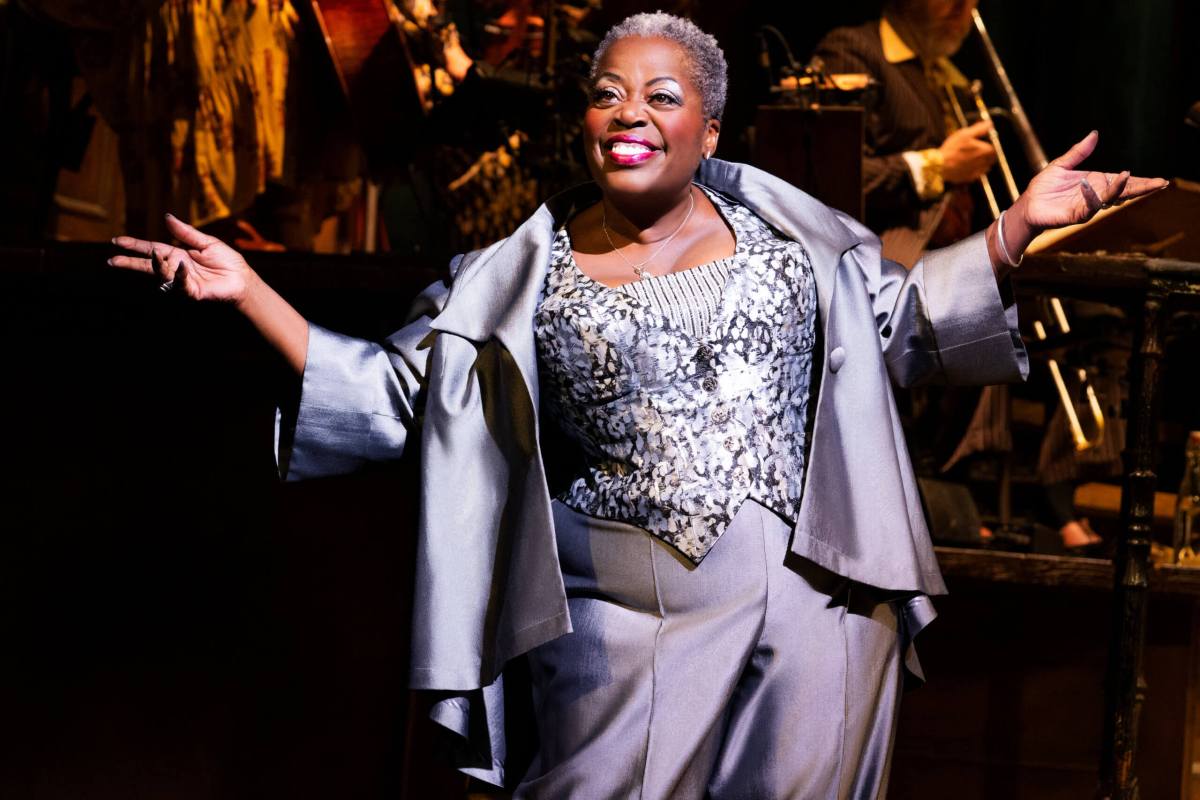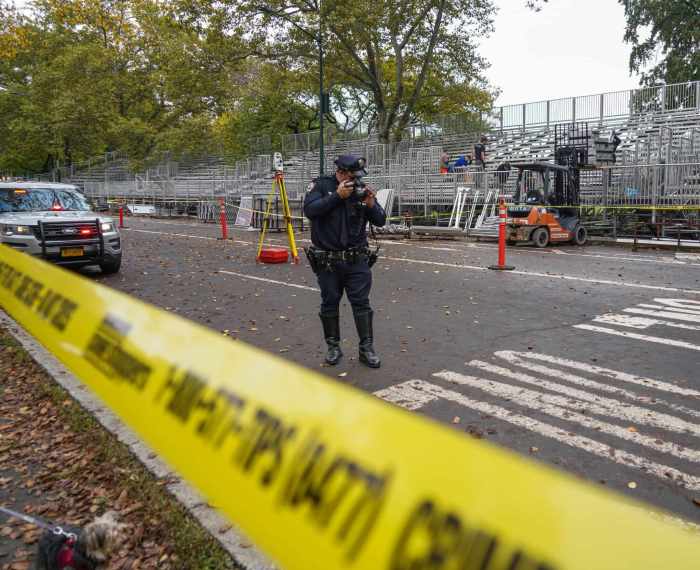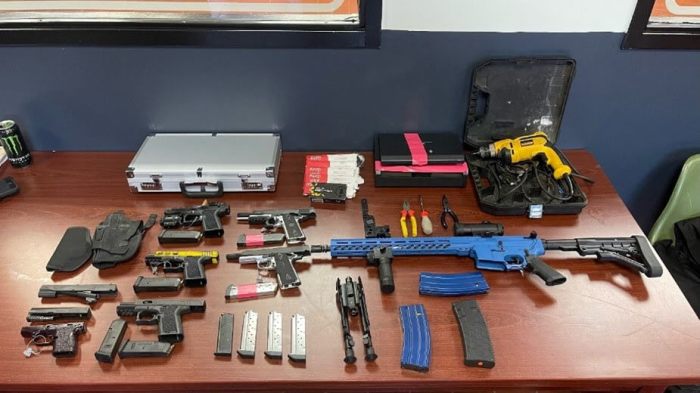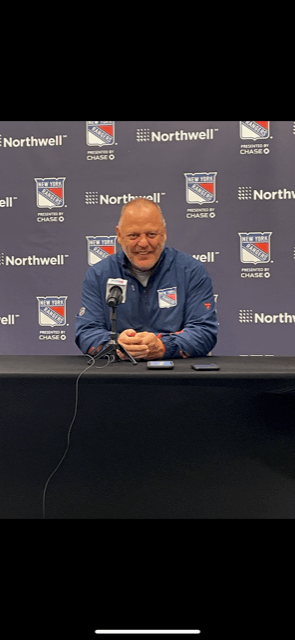At this time, New York’s professional theater industry is continuing to deal with the unprecedented challenge of regaining its pre-COVID financial strength. In fact, some shows are still finding the need to cancel performances due to breakthrough infections. Yet, in the midst of these difficulties, serious tensions and disputes have come into public view over the past two weeks that depict a theater community that is on edge and in the midst of internal crisis.
First, an uproar occurred after Lillias White, who recently joined the Broadway cast of “Hadestown,” mistakenly accused an audience member (who was using a captioning device) of illegally recording the show during a performance. Soon after, the same audience member needed to ask people to stop making “ageist and racist” comments about White. Others brought up how, in comparison to White, Patti LuPone had been celebrated for calling out audience behavior.
In response, LuPone tweeted that it had been “quite a week on Broadway” and revealed that she had resigned from Actors’ Equity Association, the professional stage actors’ union, and was “no longer part of that circus.” In a subsequent interview with People magazine, LuPone claimed that the union does not “support actors at all…They’re just not good. And I just didn’t want to give them any more money.”
Actors’ Equity also became the target of producer Garth Drabinsky, who revealed that he had filed a lawsuit against Equity for defamation in response to Equity placing him on its infamous “Do Not Work” list following the fallout from his recent musical “Paradise Square,” in which accusations were made of a hostile work environment and that employees on the show went unpaid. In a statement to Variety, Actors’ Equity said that the lawsuit is without merit.
The biggest incident seems to have involved an interview in New York magazine in which Sara Porkalob, who is currently playing Edward Rutledge in the reconceived Broadway revival of “1776,” candidly criticized the show (which she called “a dusty, old thing”), attempts to address race during the rehearsal process, and many of the directorial choices (“I think that choice is actually really bad. It feels cringey.”). Porkalob also indicated that she was unhappy in the show and only “giving 75 percent” in her performance.
In response, co-director Jeffrey Page wrote a since-deleted social media post that Porkalob was “ungrateful and unwise” and “fake-woke.” Porkalob also posted an apology to her fellow cast members for involving them in the situation.
Most recently, Portia, an actress who left the cast of the Off-Broadway drama “I’m Revolting” while it was still in previews last month, wrote in an essay on Medium that a fog effect in the show had caused her to suffer a bad allergic reaction during a performance, and that she previously had advised the production staff that she was asthmatic and concerned about the fog effect and was ignored. “I walked away from being dismissed, devalued, dehumanized and erased. I walked away from a process that seemed more interested in checking off boxes of inclusivity rather than being inclusive,” Portia wrote.
One can’t help but wonder what will come next. Will more allegations involving these situations be revealed? Will additional disputes be revealed? Did anything really change after numerous vows were made over the past two years by theater industry leaders to seriously address diversity, inclusivity, and equality? Is this just a moment of extreme tension that will pass and business will then go on as usual? Or, does the theater industry need to undergo a dramatic overhaul in order for it to succeed again artistically and commercially?

































